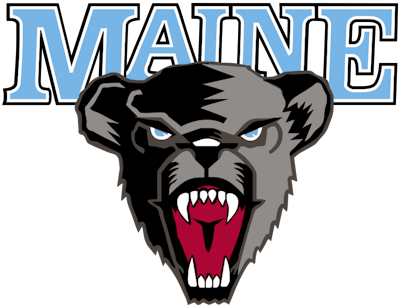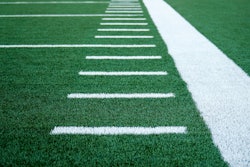
In the wake of last week’s House vs NCAA settlement decision, universities across the country must now decide whether they will participate in the revenue-sharing structure and associated roster limits. For many power conference institutions, the decision to participate is hardly a question, but for Maine’s only Division-I university, there was a lot to consider.
According to Bangor Daily News, the University of Maine will opt out of the settlement. As of now, universities may opt in or out of the system on an annual basis. For the 2025-26 school year, UMaine is out.
“While a final decision is not yet required by the NCAA, based on the information currently available, our intention as of today is to opt out for the 2025–26 year,” the UMaine athletic department said in its Monday statement. “As this decision is an annual one and can change each year, we will continue to evaluate the situation as it evolves.”
The statement went on to reiterate that UMaine believes the settlement is a positive step for college athletics and the school remains “committed to engaging in the national conversation and to enhancing the student-athlete experience at the University of Maine.”
UMaine did not cite a specific reason for their opt-out, but some stakeholders shared concerns with Mainebiz that, without revenue sharing, the university could be at a disadvantage in recruiting top student-athletes. “Many of those types of players will be looking to schools that are paying their athletes directly with NIL money," said Greg Glynn, founder and CEO of Pliable Marketing, which represents several UMaine student-athletes for their third-party NIL deals.
UMaine athletes do still have the opportunity to secure third-party NIL deals and the school does maintain an NIL Collective, Bear Down.
“With the upcoming facility upgrades to several sports venues on campus, the University of Maine does have an upper hand when it comes to recruiting athletes who are looking for the highest quality facilities, but may not be getting recruited by the power conference schools," Glynn said.
UMaine is not the only institution opting out of the House Settlement. The Ivy League also announced this spring that it would opt out of the system.





































